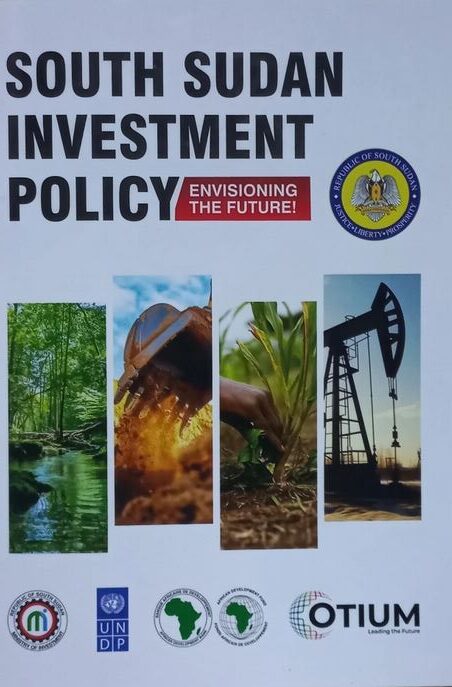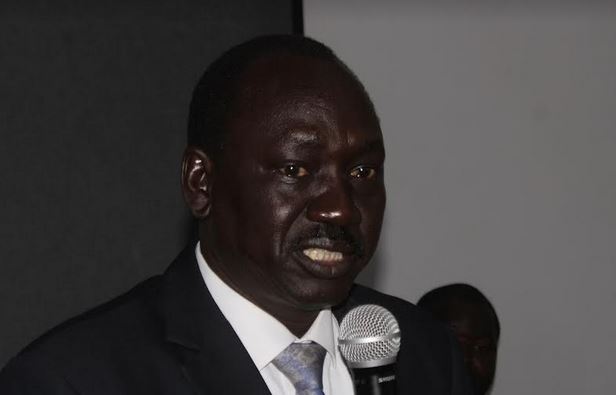South Sudan Investment Minister Dhieu Mathok Diing on Tuesday said the new investment policy will boost the local economy and attract both domestic and international investors.
Addressing journalists after the opening of the Investment Policy Validation Workshop in Juba, Mathok said the policy will develop the investment sector.
“This is the first policy of its kind and I believe that it is going to contribute to our economy. This can lead me to what you said, how this policy is going to contribute,” he explained. “You know, one of the reasons why our economy is deteriorating is that the other sectors are not developed.”
The validation workshop brought together government officials, members of civil society, and partners. It aims to validate the policy to provide an enabling and conducive environment for attracting foreign investment in the country.

According to Minister Mathok, the policy will establish a comprehensive regulatory framework that will instill confidence and attract investors.
“We are just depending on the oil sector which is the only source of income for the people of South Sudan. Even though we have a lot of resources, abundant resources in agriculture, mining, in tourism. You know, all these sectors, can contribute to our economy but they are not being developed,” he said. “The policy is going to encourage the investors because we talk of issues that are preventing the investors from coming to South Sudan.”
For his part, Ligane Sene, UNDP Senior Economic Advisor, said more investment will create markets for the private sector.
“So we know that South Sudan will need to create an enabling environment to restore business confidence, attract and maintain foreign and direct investment in multiple sectors, and also open new and emerging areas of investment,” Sene said. “For instance, just to visualize what I just said, the potential lack of attractiveness will be influencing the oil operation and limiting also the expansion of future oil and non-oil production capacity and capability.”




